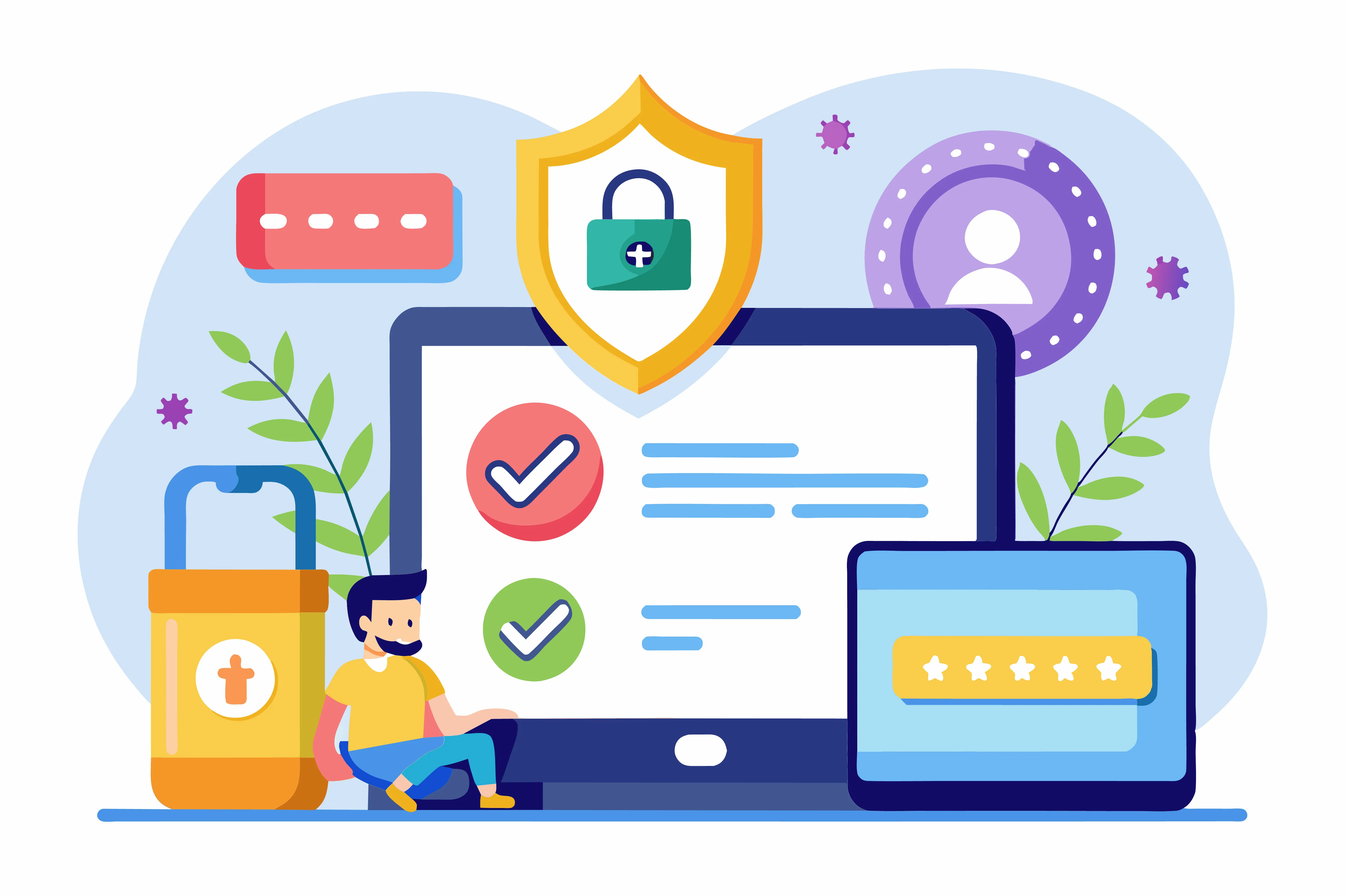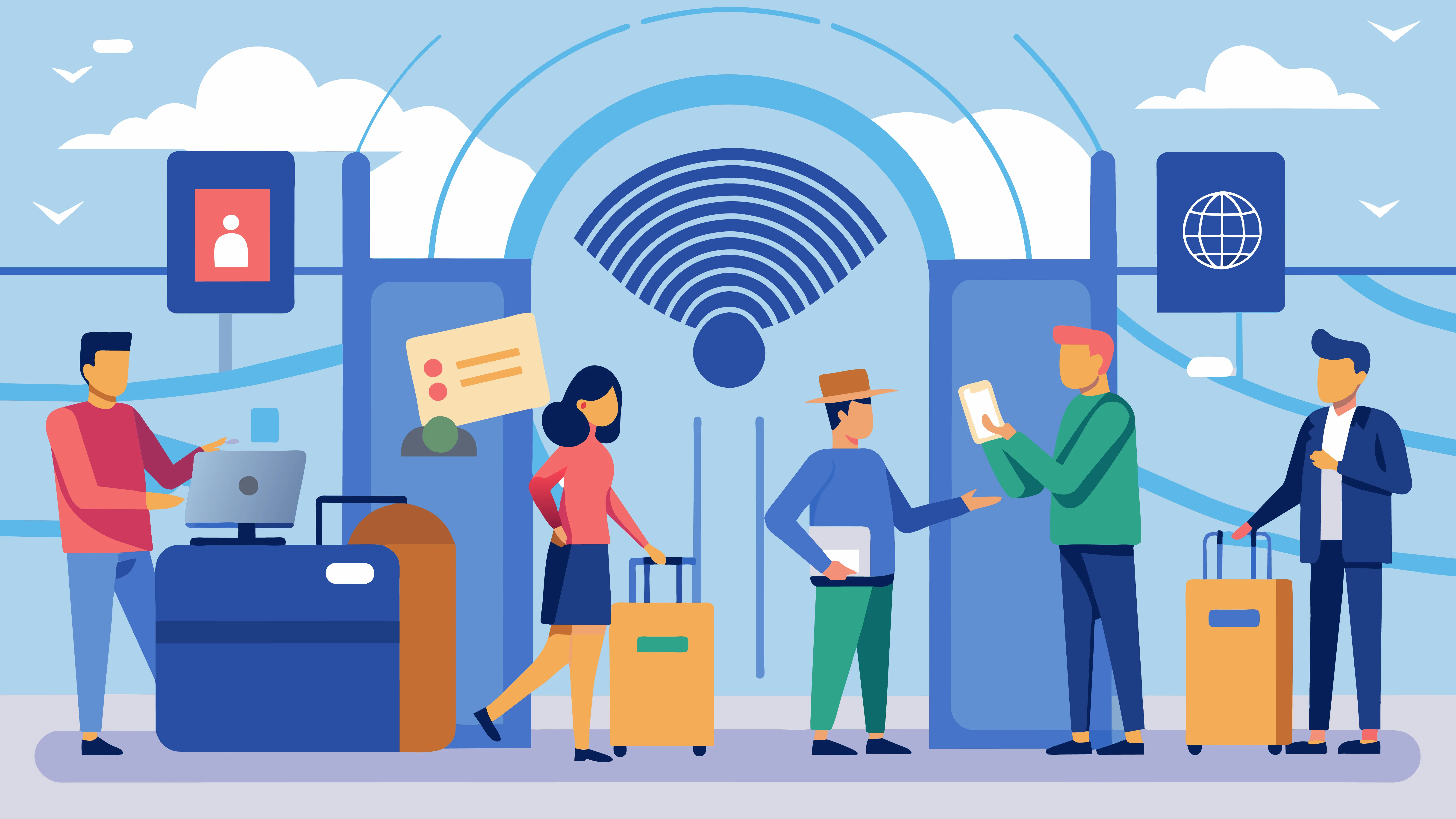In today’s digital world, hotels collect and manage a lot of personal data—such as guest names, payment information, and booking history. This data is important for offering personalized services, but it also makes hotels a target for cybercriminals. As cyber-attacks become more common and more advanced, it’s important for hotels to create and follow strong technology rules that protect this information.
World BI is organizing a conference focused on the hotel industry, where top leaders will come together to discuss the latest strategies for keeping the hospitality sector secure. Digital Transformation in Hotel Technology will serve as a platform for B2B discussions, helping industry professionals share ideas and solutions. The goal is to build a safer, smarter, and more innovative future for the hotel industry.
Challenges and Importance of Data Protection in Hospitality:
- Hotels handle a wide range of sensitive information, such as credit card details and personal guest preferences.
- This makes them attractive targets for cybercriminals.
- High-profile data breaches in recent years have exposed the vulnerability of hotel systems.
- To protect guest data, hotels must act proactively rather than waiting for problems to occur.
- A strong cyber-security plan:
- Safeguards sensitive data.
- Ensures smooth hotel operations.
- Builds and maintains customer trust.

Steps for Securing Hotel IT Systems:
- Use strong, multi-layered security measures:
- Firewalls.
- Updated antivirus software.
- Intrusion detection systems.
- Secure Wi-Fi networks with strong passwords and encryption.
- Train staff regularly to recognize and prevent security threats.
- Perform regular audits and system checks.
- Maintain frequent data backups.
- Continuously monitor systems for unusual activity.
- Develop and implement a solid emergency response plan.
Importance of Technology Policies in Hotels:
- Technology policies are the foundation of a hotel’s data protection strategy.
- They define rules, procedures, and best practices for managing sensitive data.
- Provide a clear framework for employees to follow across all departments.
- Help ensure consistent and secure handling of guest and operational data.
- Cover key areas such as:
- Access control
- Data storage
- System monitoring
- Incident response plans
Implementing Technology Policies in Hotels:
1. Risk Assessment
- Start by identifying weaknesses in current systems and processes.
- Use findings to create or update technology policies based on hotel-specific needs.
2. Employee Training
- Train all staff regularly—from front desk to top management.
- Focus training on:
- Basic cybersecurity practices
- Secure data handling
- Incident reporting procedures
3. Appoint a Data Protection Officer (DPO)
- Assign a dedicated person to:
- Oversee policy implementation
- Ensure hotel-wide compliance
- Act as a point of contact for data protection matters
4. Regular Audits and Updates
- Perform routine checks to ensure policies are being followed.
- Update policies as needed to address:
- New cyber-security threats
- Changes in data protection regulations
- Advances in technology
5. Treat Policies as Living Documents
- Review and revise policies periodically.
- Continuously improve data protection efforts based on feedback and industry trends.
Examples from Top Hotels: Data Breaches in the Hotel Industry
1. Marriott International Breach
- One of the largest hotel data breaches in history.
- Over 300 million customer records exposed between 2014 and 2020.
- Exposed data included names, passport numbers, contact details, and reservation information.
- Resulted in a $52 million settlement and increased regulatory scrutiny.
- The FTC ordered Marriott to enhance its cybersecurity policies and practices.
2. “DarkHotel” Cybercrime Campaign
- A sophisticated hacking operation targeting business travelers.
- Hackers used compromised hotel Wi-Fi networks to install malware on guests’ devices.
- Goal was to steal sensitive corporate and personal information.

- Highlights the importance of:
- Secure Wi-Fi systems
- Strong network access controls
- Educating guests and staff about safe internet practices
Emerging Cybersecurity Threats in the Hotel Industry:
1. AI-Driven Phishing Scams
- Cybercriminals use artificial intelligence to mimic voices of trusted individuals (e.g., managers or colleagues).
- These voice-based scams trick hotel staff into sharing confidential data or access details.
- Growing concern in hotels and travel companies due to the realistic nature of AI-generated voices.
- Highlights the need for:
- Verification protocols for sensitive requests.
- Staff training to detect social engineering attacks.
2. Juice Jacking
- Involves tampered public USB charging stations in hotel lobbies and rooms.
- Hackers use these ports to install malware or steal data from guests’ devices.
- Security experts recommend:
- Avoiding public charging stations.
- Using personal wall chargers or power banks.
- Carrying USB data blockers if public charging is necessary.
Strategies to Improve Hotel Cybersecurity:
1. Employee Training
- Educate staff on recognizing phishing emails and social engineering tactics.
- Promote use of strong passwords and secure data handling.
- Encourage prompt reporting of suspicious activity.
- A well-informed team is the first line of defense.
2. Advanced Security Systems
- Use strong firewalls, updated antivirus software, and intrusion detection systems.
- Protect hotel networks from unauthorized access and cyber threats.
- Invest in up-to-date cybersecurity infrastructure.
3. Data Encryption
- Encrypt sensitive data both in transit and at rest.
- Makes stolen data unreadable and unusable to attackers.
4. Regular Software Updates
- Update all systems and applications with the latest security patches.
- Includes hotel management software, operating systems, and POS systems.
- Prevents exploitation of known vulnerabilities.
5. Secure Password Policies
- Enforce complex password requirements.
- Require regular password changes.
- Use multi-factor authentication (MFA) for extra security.
6. Protected Wi-Fi Networks
- Set up secure hotel Wi-Fi using strong encryption (e.g., WPA3).
- Keep guest and internal administrative networks separated.
- Limit unauthorized access to hotel systems.
7. Regular Data Backups
- Perform frequent backups of critical data.
- Store backups securely, ideally offsite or in the cloud.
- Helps in fast recovery from ransomware attacks or accidental data loss.
8. Compliance with Data Protection Regulations
- Follow laws like GDPR (EU) and CCPA (California).
- Ensure transparent data handling practices.
- Protect guest information and avoid legal penalties.
Digital Transformation in Hotel Technology Conferences:
World BI is proud to present an exclusive conference focused on advancing the hotel industry through cutting-edge digital solutions and enhanced cybersecurity measures. The "Digital Transformation in Hotel Technology" will serve as a premier B2B platform where professionals can engage in meaningful discussions around critical topics such as data protection, smart hotel technologies, guest experience personalization, secure IT infrastructure, and AI-driven tools. By participating in this event, stakeholders will not only gain valuable insights into the latest technological trends but also contribute to shaping a smarter and safer hospitality landscape for years to come.